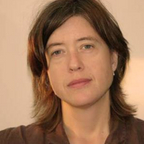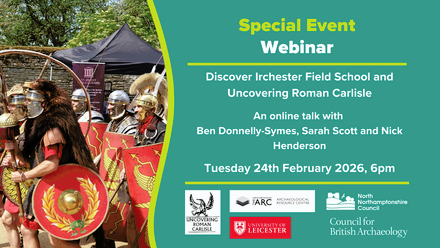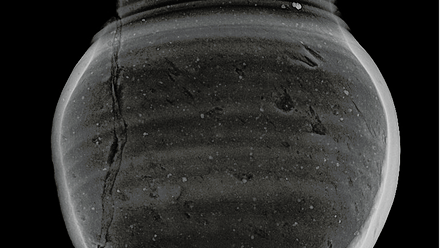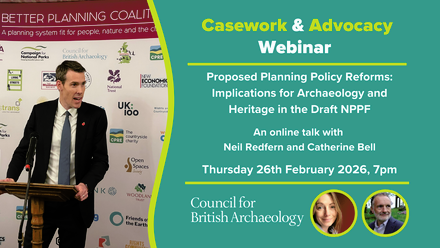This free public lecture will be delivered live in the Fusion Building, Talbot Campus, Bournemouth University BH12 5BB, and will also be available via Zoom.
Can archaeology reveal the ‘science’ of early farming from the perspective of its practitioners? How can prehistoric understandings of agriculture inform our view of wider landscapes and monuments? And in an age of ecological crisis, what principles can we glean from the long-term story of farming across Europe’s varied environments? To address such questions, I will draw upon recent research into the nature of early farming in different parts of Europe. While human aDNA provides increasing detail on ‘who’ early farmers were in a phylogenetic sense, diverse scientific approaches and evidence are needed to assess ‘how’ early farming was practised, its evolution in different settings and the communities it shaped. Far from a simple product of finite ‘domestication’ episodes confined to western Asia, early farming was a dynamic process that changed as it spread, absorbing new species and practices while letting others go. By the time farming reached Britain and Ireland, it was in many ways profoundly different to practices in south-east Europe; equally, farming continued to change in different regional settings through time. I argue that early farming in Europe offers lessons of creativity, biodiversity and community that are relevant to future food security.





